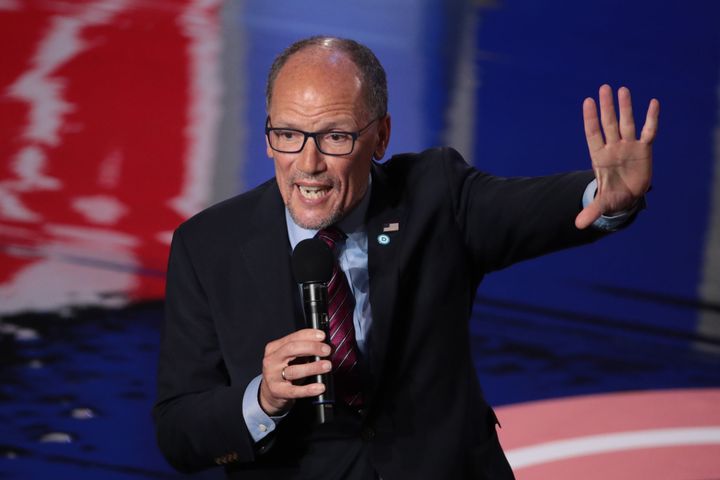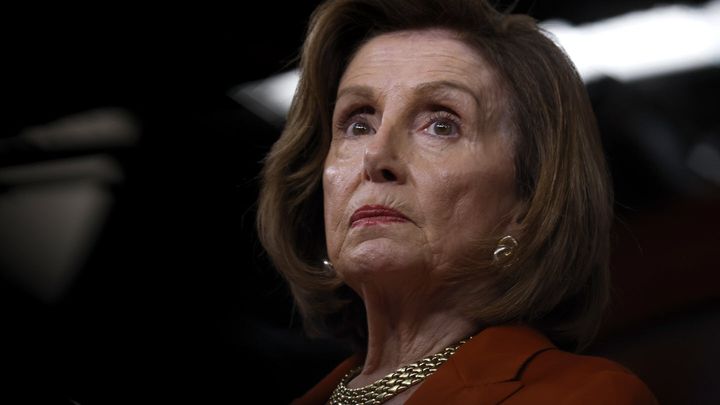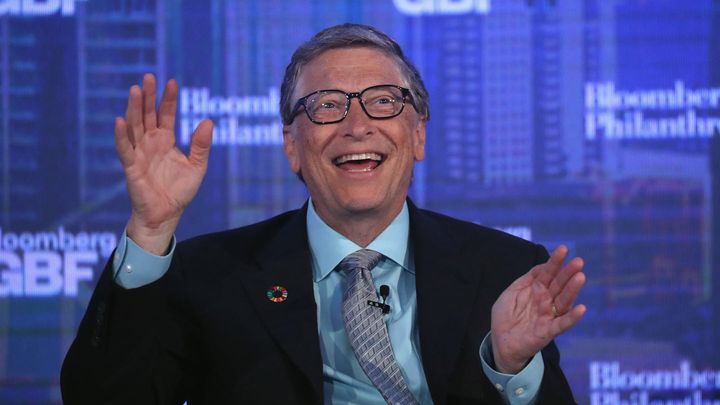As the Democratic National Committee establishes procedures for the Democratic presidential nominating process, two members of DNC rules committees simultaneously work on the campaign of former New York Mayor Michael Bloomberg.
Having surrogates on the Democratic National Convention’s Rules Committee and the Standing Rules and Bylaws Committee could be a boon for Bloomberg if nominating rules are re-opened for amendment ahead of the July convention. Some DNC members who are concerned about the polling support of Sen. Bernie Sanders (D-Vt.) have discussed reversing rule changes limiting the power of superdelegates that were put in place after the 2016 election, according to a report from Politico. Those discussions have been sharply rebuked by DNC leadership.
The DNC passed intensely-negotiated rule changes in August 2018 that sought to reduce the influence of superdelegates—appointed at-large delegates whose ranks include influential party consultants—primarily by preventing them from casting votes on the first nomination ballot, as they did in 2016. If no candidate receives a majority on the first ballot at the upcoming convention, which will be voted on by 3,979 pledged delegates, then the 771 superdelegates—including some lobbyists for corporate clients—can vote on the second ballot, under the new rules. If the superdelegates were to vote as a block, they could add over 16% to a candidate, potentially pushing their favorite over the top.
Michael Nutter, the former Mayor of Philadelphia who is a member of the Standing Rules and Bylaws Committee, was selected by Bloomberg in December 2019 to serve as his campaign’s national political chair.
“Nutter will advise the campaign on policy development and strategy, and serve as a national surrogate on behalf of the campaign, recruiting key voices to join the campaign and traveling to field offices and events, speaking to constituents and press about why Mike Bloomberg is uniquely qualified to unite and rebuild the country at a time when it is more divided than ever,” the Bloomberg campaign said in a December statement.
Nutter was nominated by former DNC Chair Rep. Debbie Wasserman Schultz (D-Fla.) in 2013 and he has served on the rules committee since 2017.
Nutter co-hosted a kick-off fundraiser for former vice president Joe Biden in April 2019 after Bloomberg announced a month earlier that he would not run for president, but he quickly switched to Bloomberg’s camp after the former New York mayor reversed course and entered the race.
As Mayor of Philadelphia from 2008 to 2016, Nutter dramatically increased the use of the stop-and-frisk tactic, which disproportionately impacts people of color by subjecting them to police searches when they are not suspected of any particular criminal activity. Bloomberg also encouraged the use of the tactic as Mayor of New York, resulting in his police force targeting primarily black and Latino individuals in stops during which 9 of 10 individuals targeted were found to be innocent, according to a report from the New York Civil Liberties Union.
Alexandra Rooker, a rules committee member and superdelegate from California, was hired as a senior adviser to the Bloomberg campaign last month. Rooker, who was previously a lobbyist for the Communications Workers of America, is a vice chair of the California Democratic Party.
DNC Chairman Tom Perez nominated Rooker to serve as vice-chair of the 2020 Democratic National Convention Rules Committee at a DNC Executive Committee meeting last weekend. According to the convention rules released by a DNC member establishing the guidelines for the 2020 convention, the Convention Rules Committee “shall issue a report to the Democratic National Convention recommending the Permanent Rules of the Convention, the Convention agenda, the permanent officers of the Democratic National Convention, amendments to the Charter of the Democratic Party of the United States, and resolutions providing for the consideration of any other matter not provided for in the Permanent Rules of the Convention and not contained in the reports of other standing committees.”
Besides Nutter, just one other member of the 32-member Standing Rules and Bylaws Committee is affiliated with a presidential campaign, according to a Sludge review of the roster as of Sept. 18, 2019. Jeff Berman, a DNC member from Washington D.C., joined Tom Steyer’s campaign as an adviser in January. The full roster of the Convention Rules Committee is not yet established, because the majority of Convention committee members (for Rules, Credentials, and Platform) are still to be appointed by the presidential candidates in proportion to their pledged delegates.
Nutter and Rooker did not respond to inquiries from Sludge. Perez’s nominees for co-chair of the Convention Rules Committee, former Rep. Barney Frank (D-Mass.) and Democratic operative Maria Cardona of the prominent Dewey Square Group consulting firm, also did not respond to inquiries yesterday about their committee’s protocols.
Last week, the DNC eliminated the individual-donor threshold for candidates to qualify for future debates, paving the way for Bloomberg to appear at the next debate, which will be held on Feb. 19 in Las Vegas, Nevada. The change came directly from Perez and the Rules and Bylaws Committee members did not give any input or hold a vote, according to multiple people close to the matter. Sources reported that the decision was announced without a roll call vote of the around 430 DNC national members, most of whom learned about the change for the first time in the media.
Bloomberg donated $320,000 to the DNC on Nov. 19, 2019 in three donations of $106,500, as well as $800,000 that same day to a joint fundraising PAC between the DNC and state Democratic parties. It was Bloomberg’s first donation to the DNC since 1998, reporter Alex Kotch found, noting that the DNC’s $28.3 raised in the fourth quarter of 2019 lagged far behind the $72.3 million brought in by the Republican National Committee.
Leading DNC members have been critical of the party’s commitment to transparency and its ethics policies for lobbyists under Perez, who beat out progressive then-Rep. Keith Ellison (D-Minn.) in February 2017 in the race for chair. The superdelegate rules changes for 2020 were part of a package of reforms advanced by the Unity Reform Commission after the compromised 2016 presidential primary.
“If I were Cory Booker or Julián Castro, I’d be really pissed right now,” DNC Member and rules reform advocate Dr. Jim Zogby told Sludge. “I’ve been telling people: do not say the DNC decided this, because we did not. The DNC chair appoints the committee chairs, and two-thirds of the committee members are comprised of at-large members. What’s called a vote is essentially a ratification.”
DNC members advancing reforms continue to raise objections that the majority of standing committee appointments are held for the 75 at-large DNC members who are appointed by the DNC chair, excluding the plurality of DNC members who are elected by state parties. If the Convention Rules Committee were to recommend a change to the DNC Charter, such as allowing superdelegates to vote on the first presidential nomination ballot as in 2016, the proposal would first go to the Standing Rules and Bylaws Committee before heading to the full membership for a vote.
Asked if DNC members received any advance notice or communication from Perez about dropping the grassroots support requirement for the next presidential debate, Zogby replied, “Of course no, nobody knew about it.”
Last summer, the DNC Resolutions Committee voted 17-8 against holding a presidential debate focused on the global climate crisis, a proposal advanced by climate activists and environmental groups. The decision to remove the climate-specific debate resolution was then approved by the full DNC membership in a vote with a roll call of 222-137, over the protests of grassroots Democratic party members and sustainable-climate advocates.



